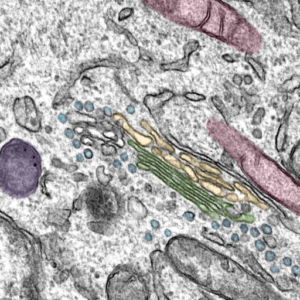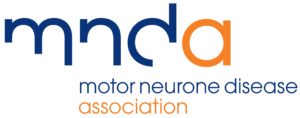Trafficking Pathways in Neurodegeneration
6–8 September 2023
Wellcome Genome Campus, UK and virtual
Summary
Building on links across diverse neurodegenerative disorders, such as Alzheimer’s, Parkinson’s, amyotrophic lateral sclerosis (ALS), the spastic paraplegias and motor neurone disease, this conference will provide genetic and functional insights into the underlying etiology of neuronal cell death.
Discussions will centre on neurodegeneration-related human genetics, trafficking dysregulation and challenges of translating mechanistic advances into therapeutics. The programme will highlight cutting-edge techniques, including the use of large-scale data sets and various ’omics’ approaches.
The conference will bring together clinicians specialising in neurology, along with researchers from academia and industry involved in neurodegeneration across the spectrum of human genetics, fundamental cell biology and drug development.
The programme will include invited talks, oral presentations selected from abstracts, posters, poster pitches, and networking opportunities for a highly interactive meeting. This conference will be a hybrid meeting – with onsite or virtual attendance.
Programme
The conference will run from 13:00 BST on Wednesday 6 September until approximately 13:50 Friday 8 September 2023.
Discussions will focus on a variety of exciting topics, including:
- Genetics and genomics of neurodegeneration
- Endolysomal dysfunction
- Autophagy and proteostasis
- Quality control pathways
- Stress granules and additional mechanisms of intracellular pathogenesis
- Translational and clinical aspects
Organisers and speakers
Scientific programme committee
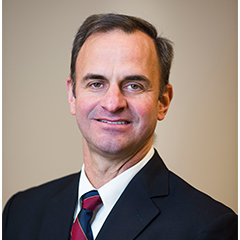
Craig Blackstone
Massachusetts General Hospital | Harvard University, USA

Fiona Elwood
Janssen Pharmaceuticals, USA
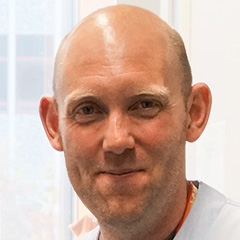
Patrick Lewis
Royal Veterinary College, UK
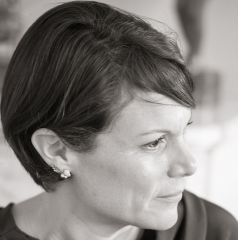
Hélène Plun-Favreau
University College London, UK
Keynote speakers

Richard Youle
National Institue of Neurological Disorders and Stroke, NIH, USA
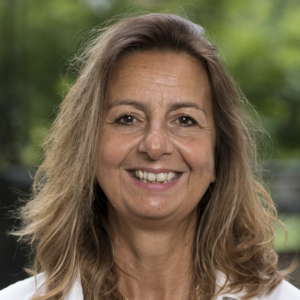
Chiara Zurzolo
Institut Pasteur, France
Confirmed speakers

Ivan Dikic
Goethe University, Germany

Alexandra Durr
Sorbonne Université, France

Ming Guo
University of California Los Angeles, USA

Henne Holstege
Amsterdam UMC, Netherlands

Guida Landoure
University of Bamako Bamako, Mali
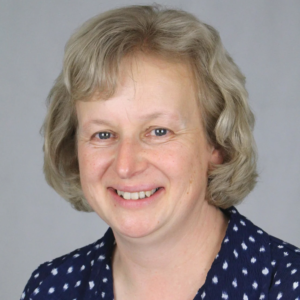
Frances Platt
University of Oxford, UK

Anne Simonsen
University of Oslo, Norway
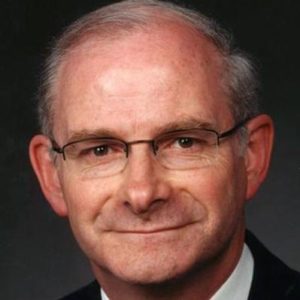
Peter St George-Hyslop
Columbia University, USA

Bart Smets
Johnson & Johnson, Belgium
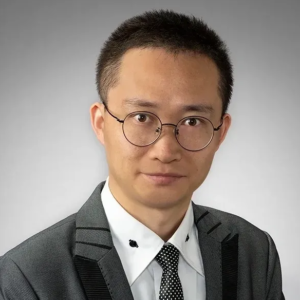
Jay Xiaojun Tan
University of Pittsburgh, USA

Enza Maria Valente
University of Pavia, Italy
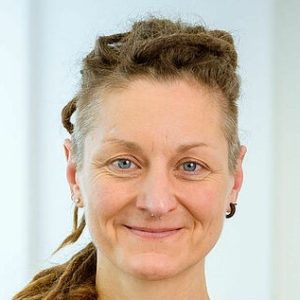
Susanne Wegmann
DZNE Berlin, Germany
Organisers – Wellcome Connecting Science
Lucy Criddle – Event Organiser
Jane Murphy – Scientific Programme Officer
Registration and accommodation
Registration deadline: 8 August 2023 (in person) | 29 August 2023 (virtual)
Deadlines close at 23.59 GMT.
| In-person Registration |
Fee |
| Student/trainee | £360 |
| Academic/non-profit organisation | £460 |
| Healthcare professional | £460 |
| Commercial/for-profit organisation | £560 |
| Onsite accommodation | £190 |
The in-person registration fee includes:
- Full access to scientific programme: oral and poster presentations, and networking on campus
- Access to the online conference portal to network with online participants
- Meals (lunch and dinner) and refreshments during the conference. Breakfast will be provided for delegates who have booked onsite accommodation.
- Recordings of the live-stream sessions, which will be available ‘on-demand’ for four weeks after the event ends
| Virtual Registration | Fee |
| Delegates from LMICs* | Free |
| Student/trainee | £55 |
| Academic/non-profit organisation | £105 |
| Healthcare professional | £105 |
| Commercial/for-profit organisation | £165 |
Virtual registration fee includes:
- Access to the virtual event portal (Log in details will be emailed a few days before the event starts)
- Live-stream sessions, including posters and online networking channels
- Recordings of the live-stream sessions, available ‘on-demand’ for four weeks after the event ends.
* To promote more inclusive scientific discussions with international colleagues at our conferences, delegates based in Lower and Middle-Income Countries can register for free (see list of countries here).
Payments: Please note that payment can only be made with Mastercard or Visa credit cards.
If you are an editor or journalist, please contact the conference organiser for more information about the discounted fee.
Accommodation
Booked accommodation is for the nights of 6 and 7 September 2023.
Please note: there is limited onsite accommodation and this will be allocated on a first-come, first-served basis; therefore, early registration is recommended. If you wish to book campus accommodation either side of the conference dates, please contact the Hinxton Hall Conference Centre directly.
Accommodation services phishing scam – please be vigilant. More information.
Travel visas
Citizens of many countries can travel to the UK for a course without needing a visa.
Please check the UK government website for visitor information
https://www.gov.uk/standard-visitor.
Confirmed attendees requiring a letter to support a visa application should contact the conference organiser.
Financial assistance
Financial assistance/ bursary deadline: 6 June 2023
A number of part registration bursaries are available to attend this conference in person. Priority will be given to early carer researchers who are facing financial barriers.
To apply, use the dedicated bursary application link on the registration site. Please be prepared to explain why you are applying for funding and to answer questions about your work. Submit your application before midnight UK time on the bursary deadline to ensure it is considered.
Additional funding opportunities
Visit our support page for information on financial support, including carer grants to help delegates with the costs of caring for children or dependent family members while attending a course or a conference.
Abstracts
Abstract deadline: 7 July 2023
We welcome abstracts from all areas relevant to the main themes of the meeting, for both oral and poster presentations. Several oral presentations will be chosen from the abstracts submitted. Abstracts will only be considered from registered delegates and must be submitted by the deadline.
Abstracts will only be considered from registered delegates. Please use our online abstract submission system and follow the instructions given to ensure your abstract is submitted correctly. All abstracts must be submitted by the deadline. If you are intending to submit more than one abstract, please contact the conference organiser prior to registration. You can make changes to your submitted abstract before the deadline by login into your account and following the instructions.
Please use our online abstract submission system and follow the instructions given to ensure your abstract is submitted correctly.
If you have already completed your registration and subsequently wish to submit an abstract, or wish to submit a second abstract, please follow these instructions.
The scientific programme committee will assess your abstract after the deadline has passed and you will be notified whether you have been selected to present an oral or poster presentation.
Poster boards onsite will accommodate 118 cm high by 84 cm wide (A0-portrait) of printed material. Accepted abstracts will appear in the conference programme book; poster board numbers will be allocated at the conference.
Testimonials
Delegate feedback from the 2021 ‘Vesicle Trafficking and Pathways to Neurodegeneration’ virtual conference.
“The scientific content exceeded my expectations because not only were there fantastic talks from world-class academic researchers, but also from industry leaders, which I had not expected. I very much enjoyed the crosstalk that was fostered between academic and industry researchers.”
“High level scientific talks — and ability to replay them for 4 weeks to make sure that I understand.”
“The lightning talks allowing poster presenters to draw people to their posters was really useful to help me to spot which posters might be most interesting.”
“As a first year PhD student, it introduced me to the varied avenues of high quality research occurring within the realm of vesicle pathways in neurodegeneration”.
